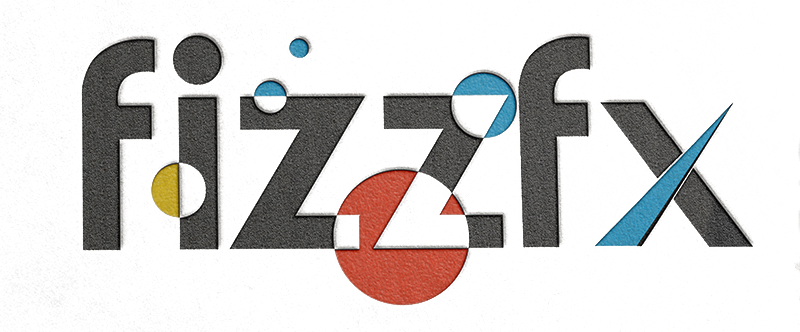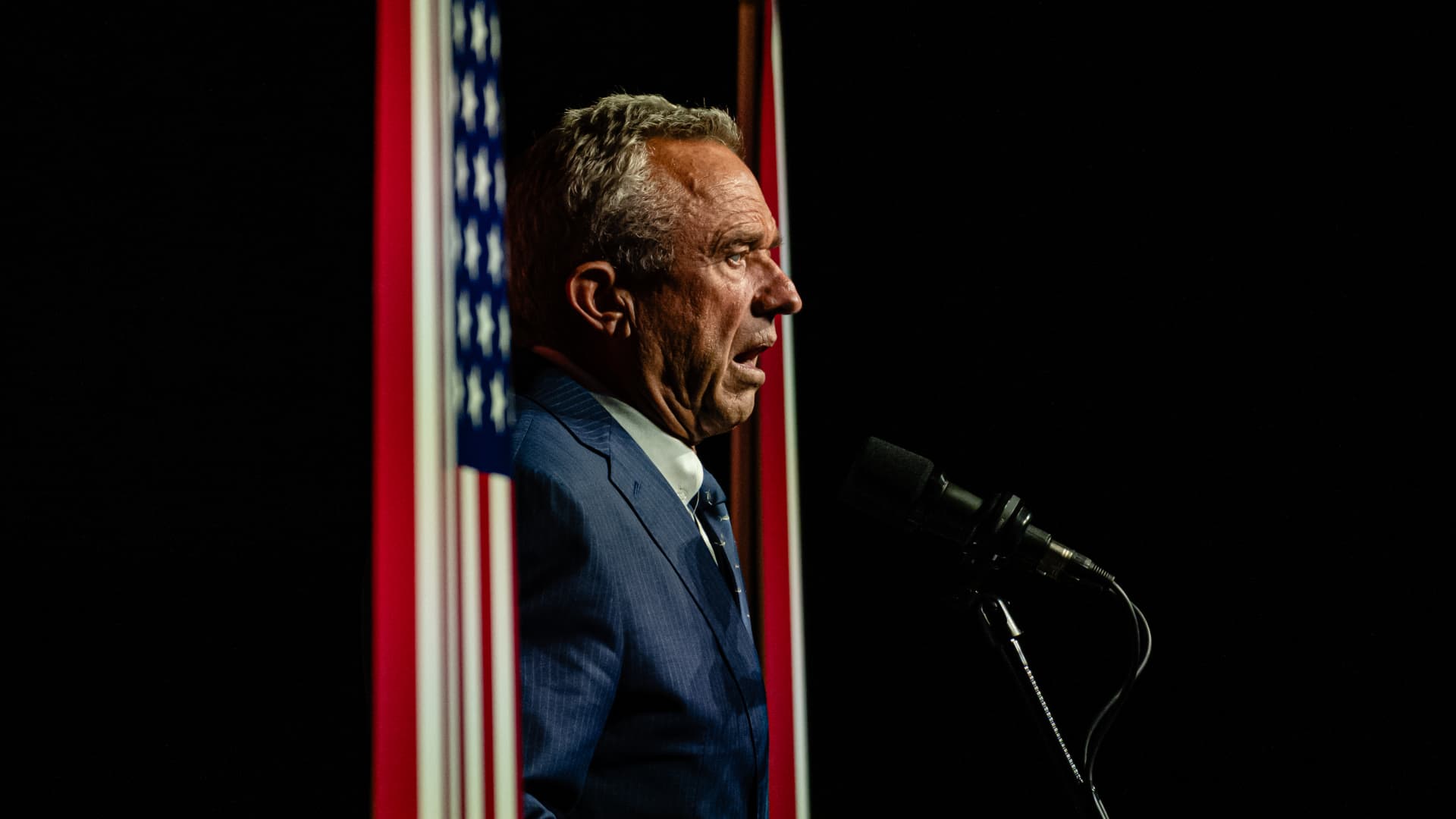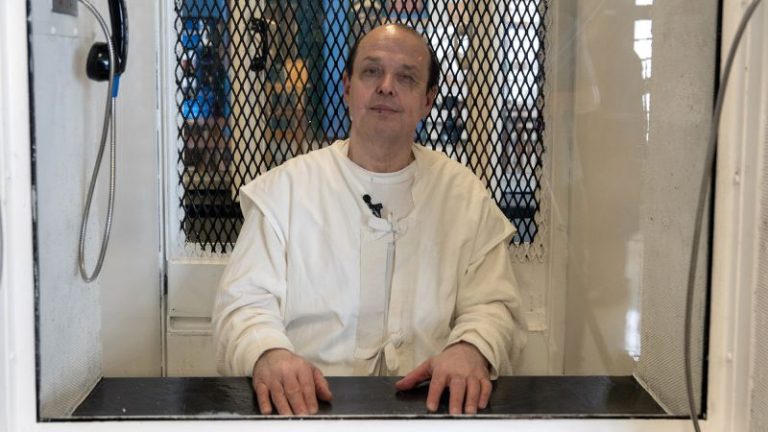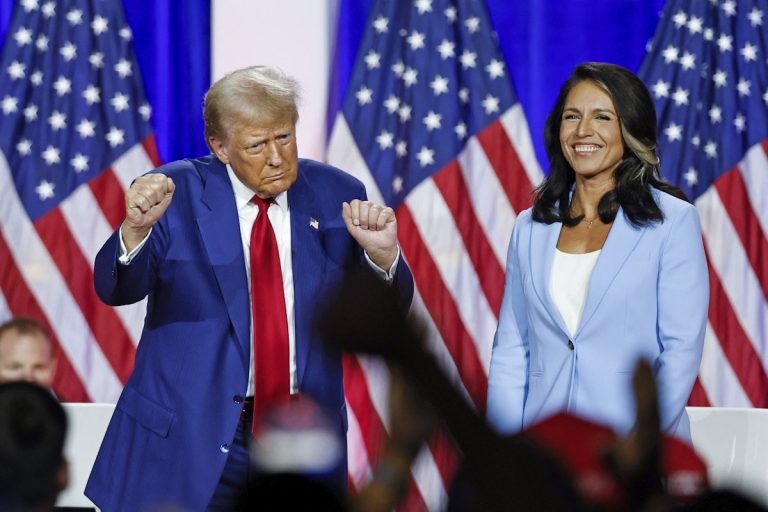It is no secret that the state of public health in the United States has been on the decline. “For too long, Americans have been crushed by the industrial food complex and drug companies who have engaged in deception, misinformation, and disinformation when it comes to Public Health,” President Trump recently penned. He gave a voice to the frustration and concern that many Americans have extended – that their access to genuine healthcare has been marred by an industrial machinery whose primary goal seems to be maximizing profits, even if at the cost of the nation’s health. Catching the world’s attention, the stock prices of vaccine makers fell on reports that Trump might tap Robert F. Kennedy Jr. for the Health and Human Services (HHS) post.
Robert F. Kennedy Jr., an environmental lawyer and vaccine critic, has long been a champion for public health reforms. His commitment to ensuring that people have access to safe and effective healthcare, untainted by corporate pressure, falls in line with President Trump’s recent pronouncement. The RFK Jr. appointment could be a significant step towards dismantling structures that put profit over public health. It promises to reflect a much-needed change in the approach of the HHS, an entity responsible for advising the President on matters of health, welfare, and income security programmes.
RFK Jr.’s reputation is built on his unwavering position against large corporations and their overbearing control over resources that should otherwise be directed towards public health. His criticism of big pharma’s influence and his proactive stance on environmental protection have garnered significant attention from advocates of healthcare reform. His potential new role, a coup against big industries, has been met with cynicism by the market. The fall of stock prices of vaccine makers signifies a drastic move from relying on multinational conglomerates to a more people-centric approach in healthcare.
Public attention must focus on the fact that Kennedy’s proposed appointment does not imply a complete disregard for vaccines. Quite the contrary, RFK Jr.’s message has been misconstrued often. His concerns lie primarily with ensuring vaccine safety and not an anti-vaccination stance as is commonly mistaken. He merely advocates for transparency and accountability on the part of manufacturers and regulators.
Kennedy’s potential inclusion as HHS secretary would indicate a promising shift towards a healthcare model that is more anchored in public safety and welfare. The role would see him oversee the development and coordination of federal health policies, thereby offering an opportunity to steer the nation’s health away from the vested interests of pharmaceutical and food industries.
Robert F. Kennedy Jr.’s potential appointment as Health and Human Services Secretary serves as a beacon of hope to reforming healthcare. The onus then would be on the new administration to reestablish trust in a system where the primary concern should always be the health and wellbeing of its people. In the face of Big Pharma and the industrial food complex, this will be no small task, but perhaps with RFK Jr. at the helm, it is one that will be tackled head-on. The development is a significant step towards regaining control over public health. It highlights how crucial steps are being taken to dismantle the power held by these corporations and return it to the hands of those it should have always belonged to: the public.




